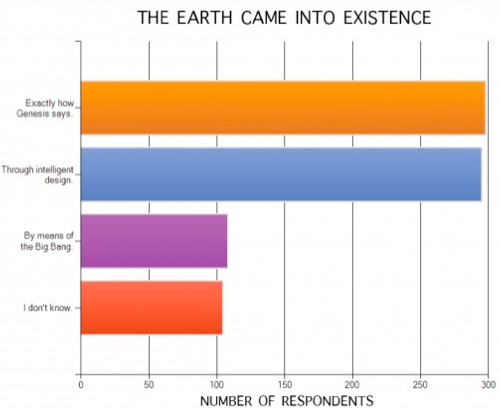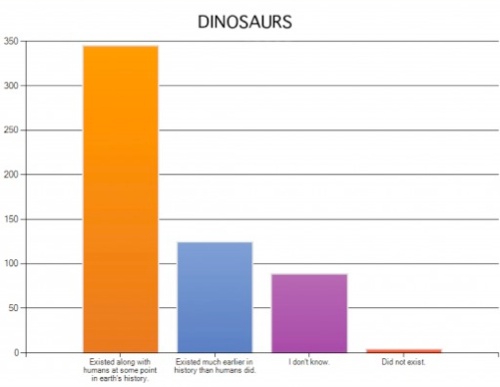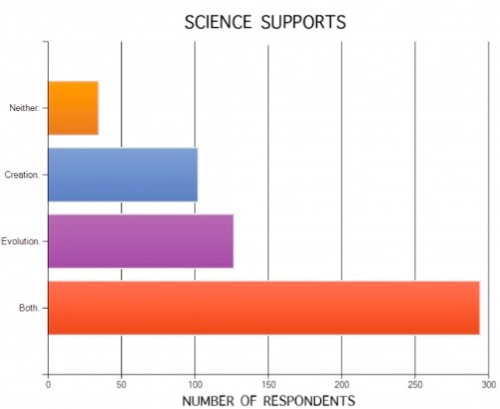Do not watch them. Do something else. The Walking Dead season premieres tonight, and that stuff is going to be showing all day. You could read a good book. You could put on some good music and dance in your living room.
However, the Grammy Award organizers are apologizers for abuse. In fact, it sounds like the whole entertainment industry will look the other way when a thug like Chris Brown will batter a woman.
So I’m sure you could find something better to do.






